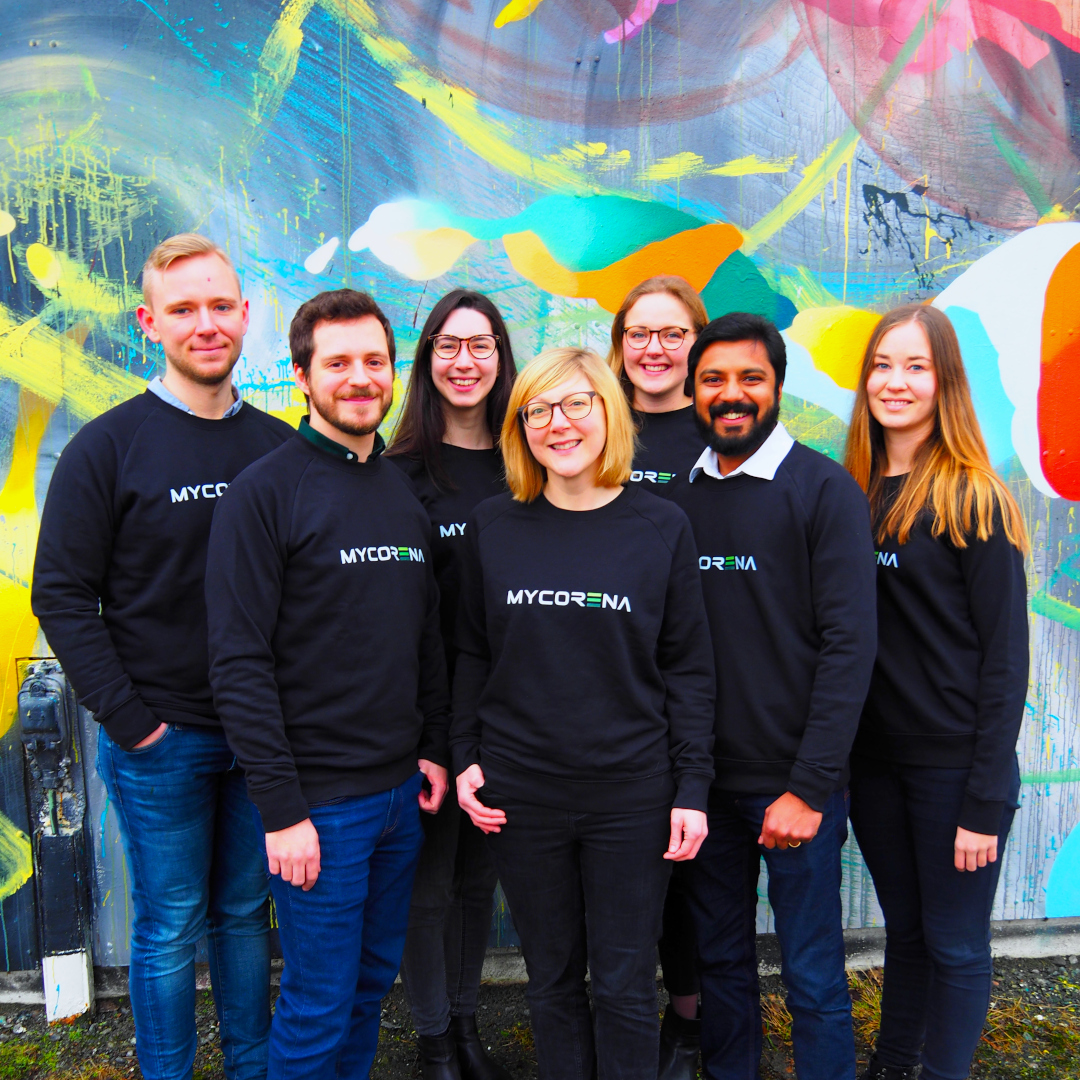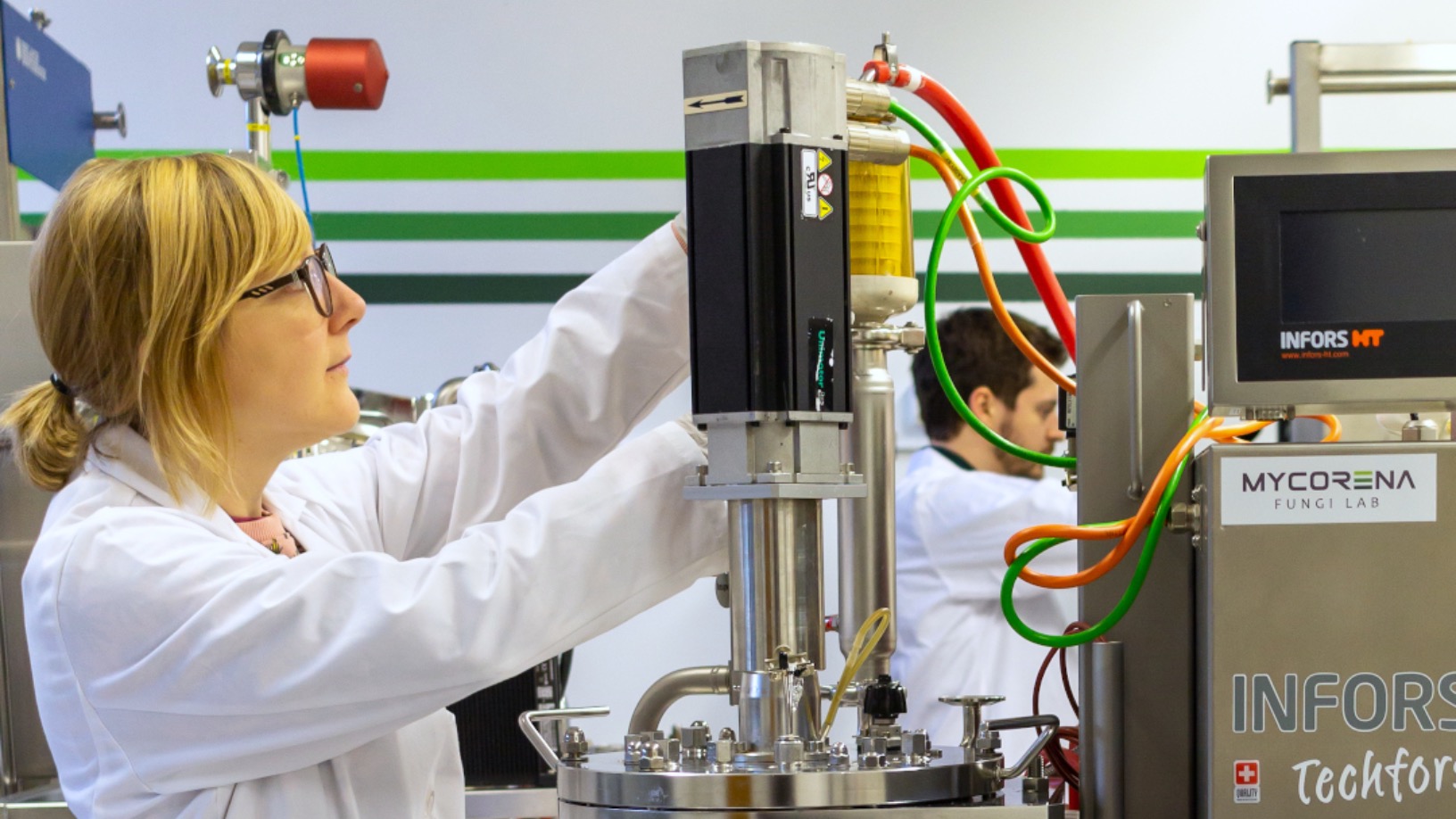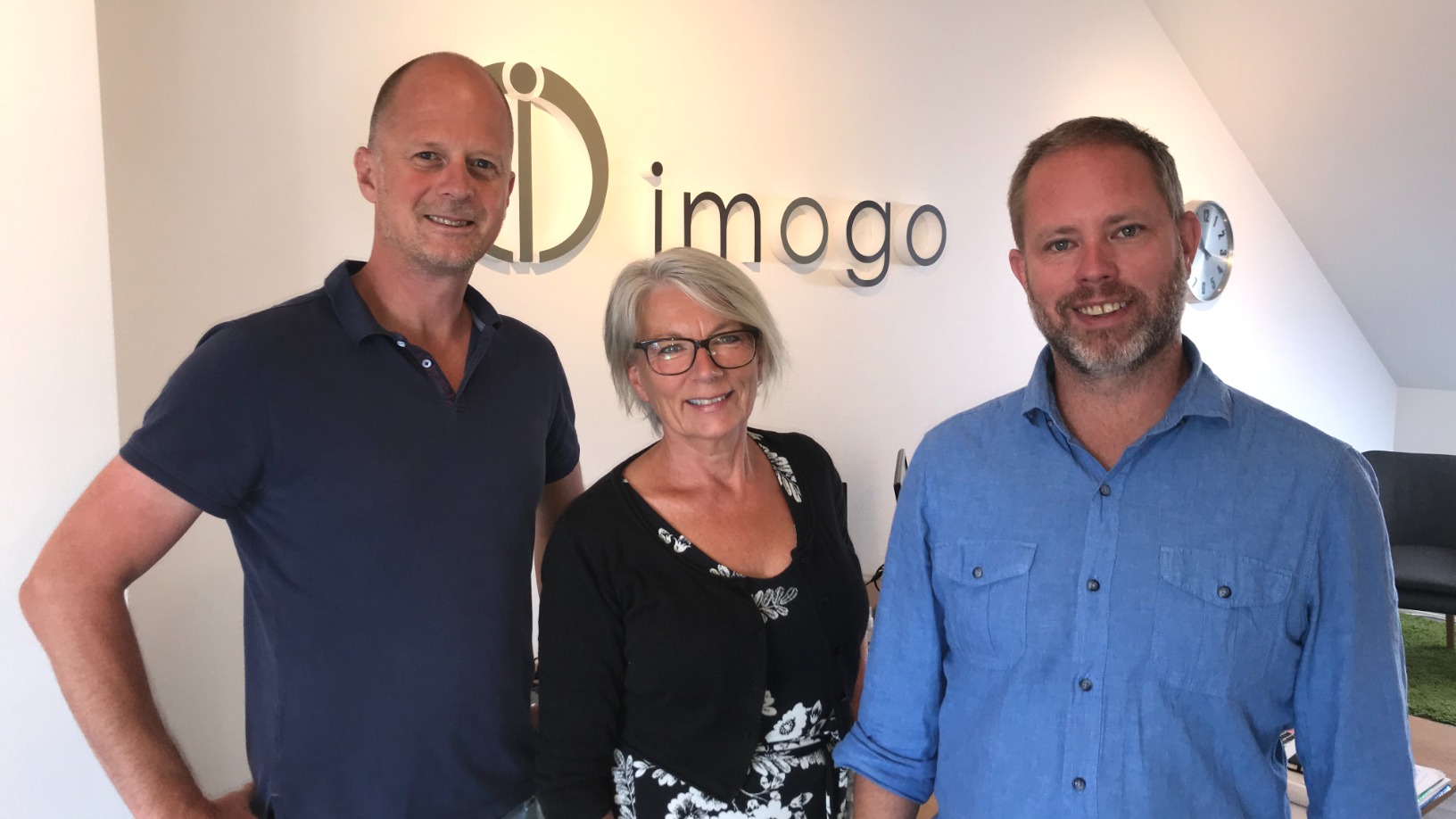Swedish biotech startup Mycorena has developed a more sustainable fungi-based mycoprotein manufacturing process using waste discarded during industrial food production, such as excess flour and dough from baking or residues from dairy processing.
According to Mycorena, the manufacture of its main product Promyc, which is made from specific strains of a family of filamentous fungi, generates very little waste as all of the nutrients used in the fermentation process is consumed by the fungi. “This is a significant advantage over plant protein production where large amounts of by-products are generated because only a small portion of the plant is made into protein,” the startup said.
“People are becoming more aware of the importance of having a healthy and sustainable food system,” CEO and founder Ramkumar Nair said. “This awareness is reflected in the huge boom of the plant-based and non-meat alternative protein segment around the globe,” he added.
Originally from India, Nair graduated in biotechnology from the Cochin University of Science and Technology in Kerala. In 2013, he went to Sweden to complete a PhD in industrial biotechnology at the University of Borås. Fascinated by the emerging applications of biotech in the food and agriculture sectors, he stayed on in Sweden to find new solutions to maximize usage of agricultural residues and industrial food waste.
Founded in 2017, Mycorena started the commercial production of Promyc in 2019 by collaborating with Arla Foods to incorporate it into the Danish group’s range of products from infant and sports nutrition to baking, dairy and medical applications.
Despite the Covid-19 pandemic, about €1.2m in total was raised from a consortium of investors in 2020 to kickstart commercial operations in Sweden. This included pre-seed funding of SEK4.5m in January 2020 after joining the EIT Climate-KIC Nordics accelerator program. The funds were for a small-scale pilot facility in Gothenburg, which was officially opened in January this year. In May 2020, additional funding was secured for a second factory in Falkenberg. The company expects to achieve full commercial production in 2022.
Sustainable and low-cost
Nair founded Mycorena to create alt-proteins that could be used as key ingredients in vegan products while reducing the food sector’s reliance and exploitation of legumes and soy farming, a less than sustainable practice considering the widespread deforestation in the Amazon, caused mainly by the upsurge in demand for soy.

According to the company’s data, Promyc’s land use is only 0.69 sqm per kg per year compared to 3.8 sqm for soy. Promyc production processes also use only 377 liters of water per kg instead of 2,500 liters for soy.
Promyc production is also less harmful to the environment, emitting just 1.1kg of CO2 per kg, compared to 1.5kg emissions from soy.“Our production process is very efficient, giving us a very low climate footprint. It has high protein and fiber content and all the essential amino acids,” said CTO Silvia Huttner.
Made from industrial sidestreams and byproducts rich in carbohydrates, Promyc can also be used to replace most protein sources used these days. The mycoprotein has already been successfully tested in a wide range of foods like burgers, nuggets, protein shakes and snacks.
Promyc’s nutritional content – up to 60% proteins and 12% fiber – also outstrips those of legume-based proteins. The mycoprotein does not contain sugar and has fewer carbohydrates at 0.94g per 100g.
Mycorena won many awards in 2019 including the European Plant-based Protein Award, Sweden Foodtech award and the Arla Foodtech Challenge and Technology of the year award from the Swedish Chamber of Commerce.
Decentralized production model
Besides its partnership with Arla Foods, Mycorena’s key investor Kale United, a plant-based holding and distribution company, initiated a groundbreaking commercial venture with Sweden’s oldest vegan brand Astrid & Aporna. Until now, all Astrid & Aporna products have been made outside Sweden. In the deal announced in December 2020, a new Promyc premium brand of vegan Swedish meatballs will be the first to be made in Sweden, with Mycorena as the manufacturing partner.
According to Nair, Mycorena’s patented fermentation technology coupled with its decentralized production model makes it more efficient than traditional farming. The fermentation processes are carried out in dedicated tanks which can be installed anywhere, making it possible to produce Promyc wherever it is needed and scaled at low cost by B2B partners and corporate clients like food manufacturers.
“We’ve got a huge interest from both large and small food companies that want a new alternative with great taste and texture, but also locally produced and capable of scaling up much faster than any other plant-based options,” said Mycorena COO Ebba Fröling.
Another food-related investor in Mycorena is Bertebos Foundation, which has a substantial stake in a well-known local company producing flour and dairy products. Other corporate backers include Plantbase, the Dutch venture capital fund dedicated to plant-based startups, and FBG Invest, an industrial investor network based in Southern Sweden.
The Gothenburg plant that Mycorena opened in January is, according to the company, Scandinavia’s first pilot testing and production facility for mycoproteins. Dubbed MIND, the Mycorena Innovation and Development Center will be used by the company as a springboard to become the biggest supplier of mycoproteins in Europe by 2025.
“Despite all the uncertainties of the pandemic, 2020 has been an incredible year for us and the demand for our product, Promyc, has outgrown the capacity of our previous facility,” Nair said.












